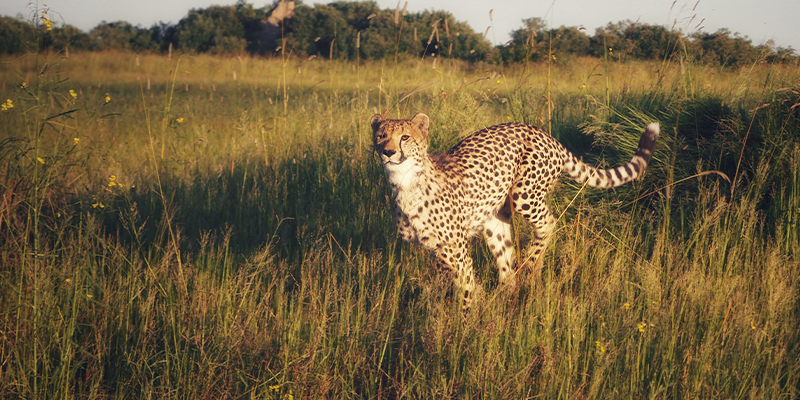
- Date and Time
- 20th September 2023, 17:30 - 18:30
- Booking
- The event has passed
This public lecture was delivered by Dr Mark Burnley, Senior Lecturer and Exercise Physiologist in the School of Sport, Exercise and Health Sciences at Loughborough University, in September 2023.
In this talk, Dr Mark Burnley went on an academic safari through the animal kingdom, touching on a wide variety of movement patterns including: terrestrial locomotion (from the peristaltic movement of worms to pentapedal and hopping locomotion in kangaroos), swimming, jet propulsion in squid, and flying in insects, birds and mammals, and how these movements are essential elements of feeding and mating behaviours, as well as to escape predation. The lengths animals go to to achieve this can be extreme, with migratory birds crossing vast distances, sometimes in excess of 10,000 km in a single flight, to find new feeding grounds as the earth’s seasons change.
The ability to move has been the subject of evolutionary selection pressure, e.g. predator-prey interactions, resulting in some species possessing extremely athletic phenotypes, e.g. the cheetah [Acinonyx jubatus] and the pronghorn antelope [Antilocapra americana]).
All movement requires energy transfer from the potential energy in stored macronutrients, to kinetic energy, to power conformational changes in contractile proteins. Dr Burnley explains that to possess an athletic phenotype requires well-developed bioenergetic, cardiovascular, and respiratory systems to achieve and, crucially, sustain rapid movement. He shed light on the fundamental performance problem that all species are faced with – being a “fast” phenotype is seemingly incompatible with endurance, and an endurance phenotype is usually incompatible with achieving high sprinting speeds.
Dr Burnley’s presentation investigates the speed-duration relationship to detail how this problem has been studied in mammals, lizards, crustaceans, fish and birds, in an attempt to identify nature’s champion athletes.
 |
Dr Mark Burnley is an exercise physiologist in the School of Sport, Exercise and Health Sciences at Loughborough University. He is a world authority on the kinetics of pulmonary oxygen uptake and the related concepts of exercise intensity domains and the power-duration relationship. His research has included ground-breaking studies in exercise testing, the physiology of neuromuscular fatigue, and the application of non-linear dynamics to muscle force fluctuations. Burnley’s notable studies include those investigating the effect of prior ‘priming’ exercise on oxygen uptake kinetics and performance, the development of a 3-min all-out test to determine the critical power, the role of critical torque in the mechanisms of neuromuscular fatigue during isometric contractions, and the effect that such fatigue has on the complexity of torque output and motor control. |
|---|
If you would like to receive email updates letting you know when we are holding future events please sign up here.